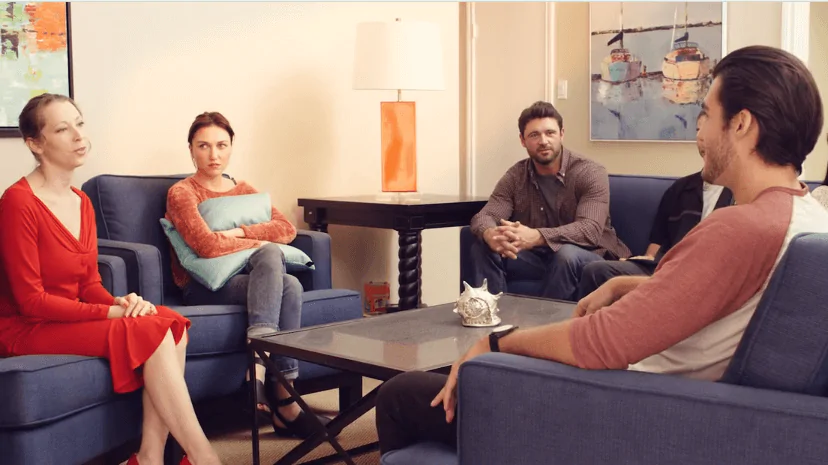24/7 Helpline:
(866) 899-221924/7 Helpline:
(866) 899-2219
Learn more about Dual Diagnosis Rehab centers in Sierra County

Other Insurance Options

Lucent

AllWell

UMR

Magellan

Regence

BlueCross

Choice Care Network

Horizon Healthcare Service

CareSource

Meritain

Private insurance

Cigna

Oxford

Highmark

Anthem

American Behavioral

Carleon

EmblemHealth

WellPoint

Multiplan



















Sierra County Mental Health
Sierra County Mental Health is a public rehab located in Loyalton, California. Sierra County Mental ...








































































